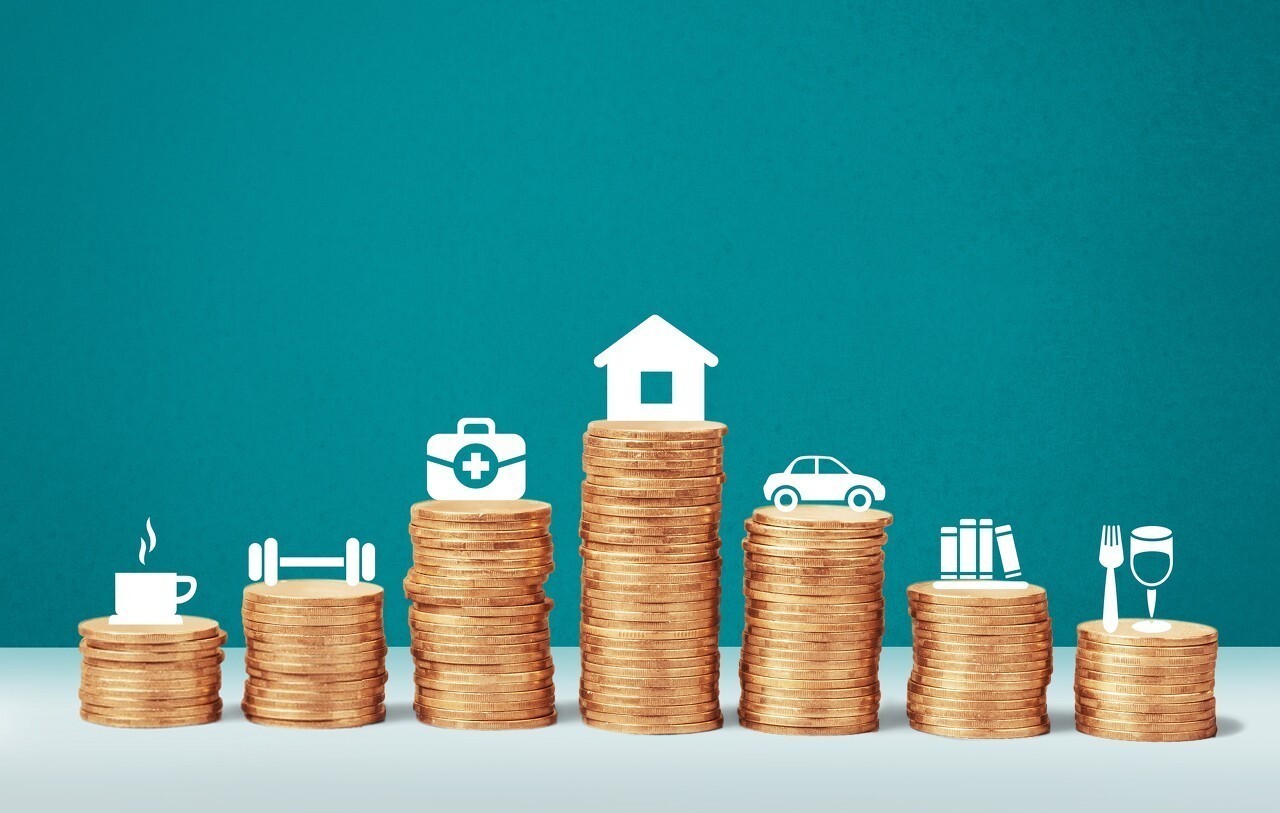There are many ways to obtain a loan, each catering to different needs and circumstances. Loans can be used for various purposes, such as consolidating debt, purchasing a home, paying for education, or financing a vacation. Before applying for one, it’s essential to understand the different types of loans available, their terms, and how they work. Let’s explore some common types of loans and their specific uses.
Choosing the Right Loan: Personal, Home, Education, and More
1. Personal Loan
Personal loans are among the most accessible types of loans. They can be obtained from banks, financial institutions, or online lenders. Unlike mortgages or auto loans, which are secured by the property or vehicle, personal loans typically do not require collateral.
Personal loans usually have short repayment periods, ranging from three to five years. However, if you fail to make timely payments, interest can accumulate quickly, leading to increased debt. Defaulting on a personal loan can negatively impact your credit score, making it more challenging to secure future loans.
2. Home Loan
Home loans, or mortgages, are designed to help individuals purchase homes. These loans tend to have longer repayment periods, often stretching over 15 to 30 years. While home loans typically offer lower interest rates than personal loans, they require the property as collateral.
Homeowners may need to make additional payments if the property requires repairs or renovations. This can extend the time it takes to pay off the loan. Failing to meet mortgage payments can result in foreclosure, where the lender takes possession of the property.
3. Education Loan
Education or student loans are specifically designed to finance educational expenses. These loans can cover tuition, room and board, books, and other educational costs. Unlike personal loans, education loans often have more flexible repayment terms and lower interest rates.
Education loans may be subsidized or unsubsidized. Subsidized loans do not accrue interest while the student is in school, while unsubsidized loans do. Once the borrower graduates or leaves school, they must repay the loan according to the agreed terms.
4. Payday Loan
Payday loans are short-term loans designed to provide quick cash for immediate financial needs. They are usually due on the borrower’s next payday and often come with very high interest rates. While payday loans can be helpful in emergencies, they can also lead to a cycle of debt if not repaid promptly.
Payday loans do not require a credit check, making them accessible to individuals with poor credit. However, due to their high cost, they should be used sparingly and with caution.
5. Credit Cards
Credit cards are a form of revolving credit that allows you to borrow money up to a certain limit. Unlike traditional loans, credit card debt has no fixed repayment term. Instead, you must make minimum monthly payments, and interest is charged on any outstanding balance.
Good credit is essential for obtaining favorable credit card terms. If used responsibly, credit cards can be a convenient way to manage expenses. However, carrying a balance on your credit card can lead to high interest charges and debt accumulation.
6. Auto Loan
Auto loans are used to finance the purchase of a vehicle. The loan amount is based on the car’s value, and the interest rate depends on your credit score and the loan term. Some lenders may offer more than the vehicle’s value, allowing you to cover additional costs like taxes and fees.
Auto loans typically have shorter repayment terms than home loans, usually three to seven years. Like mortgages, auto loans are secured by the vehicle, meaning the lender can repossess the car if you fail to make payments.
7. Other Loan Types
Other loan options include:
- Cash Advances are short-term loans taken against your credit card’s available credit limit. They have high interest rates and fees, making them an expensive borrowing option.
- Car Title Loans are secured loans in which the borrower uses their vehicle title as collateral. These loans can have high interest rates and short repayment terms, making them risky if not repaid on time.
Final Thoughts
Understanding the different types of loans and their terms is crucial when considering borrowing money. Each loan type serves a specific purpose, and selecting the right one depends on your financial situation and needs. Whether you need funds for a home, education, or emergency expenses, it’s essential to compare loan options, consider interest rates, and ensure you can meet the repayment terms before committing to a loan.
